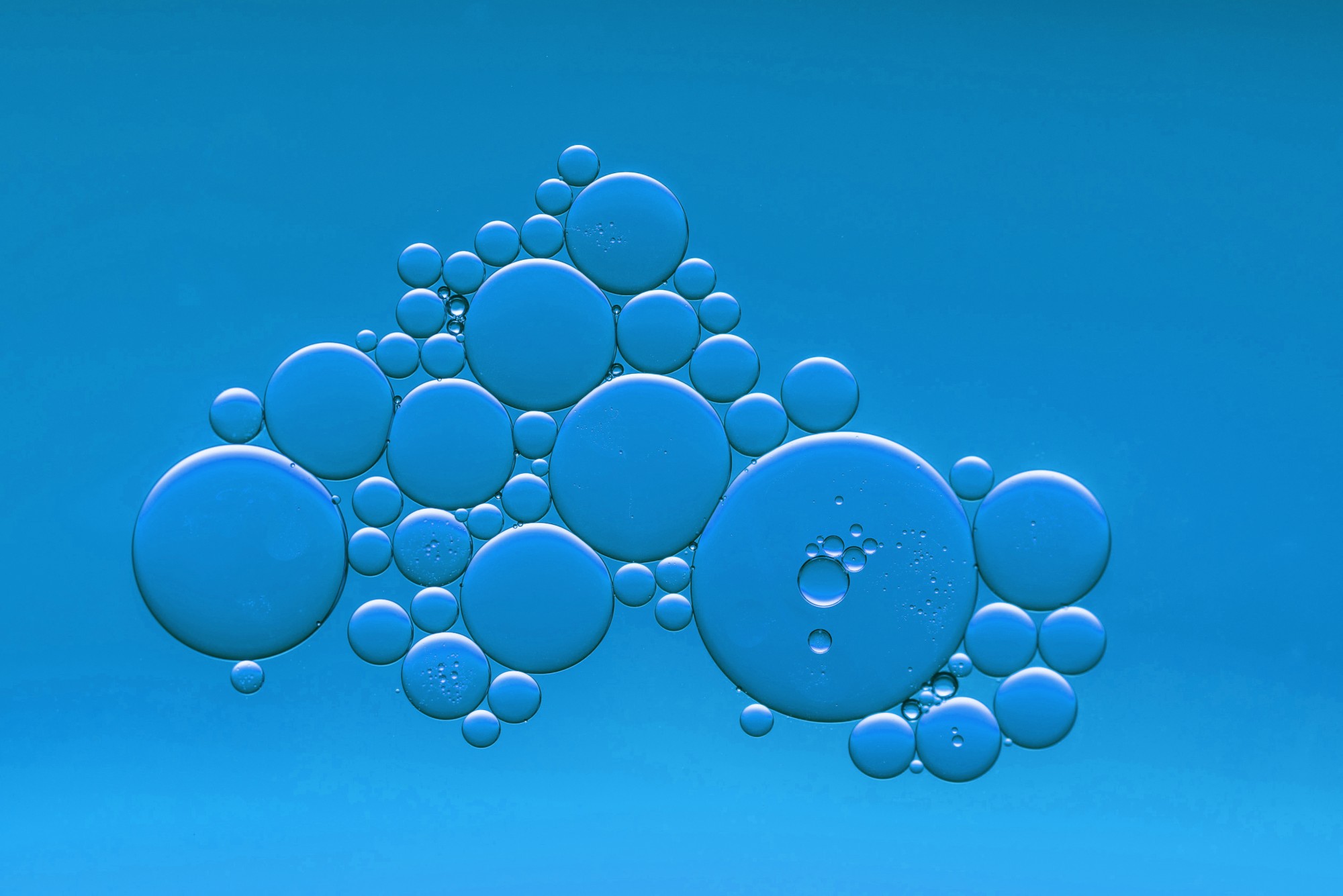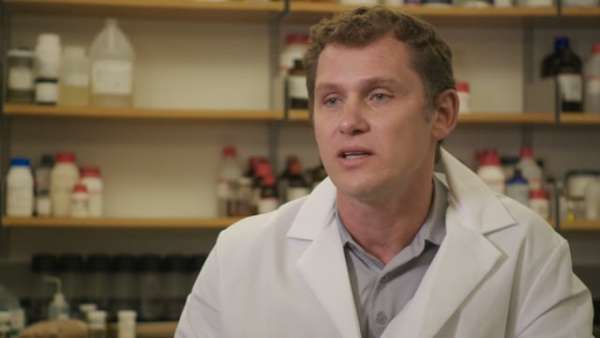Soy-stainable: sustainable products
Lessons
# Soy-stainable candles
Students make candles using paraffin, palm, and soy waxes to compare their qualities.
Files
# Biobased bubbles
Students create biobased bubbles to compare a biobased product to a non-biobased one.
Files
Teacher background
Biobased products are in use in all areas of our lives and range from soy ink to soy-based insulation and cleaners.
Biobased products are derived from plants and other renewable agricultural, marine, and forestry materials. They provide an alternative to conventional petroleum-derived products. Biobased products include diverse categories such as lubricants, detergents, inks, fertilizers, and bioplastics. Biobased products do not include food, feed, or fuel. (biopreferred.gov)
The FDA does not require any products to be labeled as a biobased product, but they are developing guidelines for voluntary labeling. Many marketing groups have found that when they label their products as biobased, they see a rise in consumer demand.
Some biobased products are more sustainable than others. In the case of candles, for instance, palm oil candles are biobased, but the number of palm oil plantations using sustainable practices is under 20%, according to the Roundtable for Sustainable Palm Oil.
Next gen science standards
Science and engineering practices
- Asking questions (for science) and defining problems (for engineering)
- Analyzing and interpreting data
Crosscutting concepts
- Structure and function
- Patterns
Disciplinary core ideas/content
- PS1A Structure of matter
- ESS3C Human impacts on Earth systems
- ESS3A Natural resources






Share this